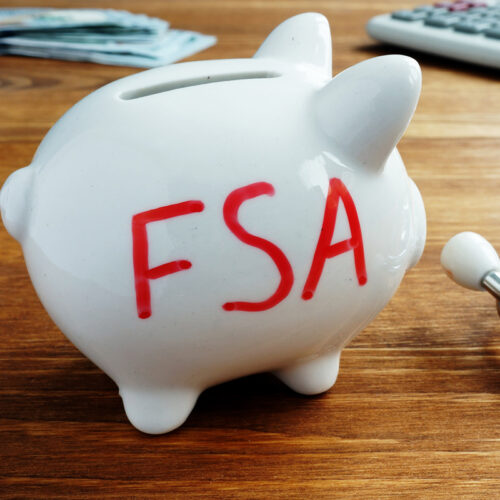RESOURCES
VIDEOS
Healthcare Flexible Spending Account
Annual Healthcare Maximum Contribution Limit: $3,300
January 1 – December 31.
All participants have a $660 carryover each plan year. Unused contributions over $660 will be forfeited.
Things to consider before you contribute to a Health FSA
- You cannot take income tax deductions for expenses you pay with your Healthcare FSA.
- You cannot stop or change contributions to your FSA during the year unless you have a change in family status consistent with your change in contributions.
- You must enroll / re-enroll in the plan to participate for the plan year January 1 to December 31, 2025.
Accessing your Account
You may access details of your account to check your balance, review claims history and more through WEX’ s website at www.wexinc.com or by using the WEX app on your smartphone or tablet.
All participants have a $660 carryover each plan year. Unused contributions over $660 will be forfeited.
Debt Card and Claim Filing
You will be issued a debit card to access the Healthcare FSA (transactions are to be processed like a credit card; a PIN will not be issued). Simply swipe your card at the provider’s office, pharmacy, etc. It is important when utilizing the debit card to still request and keep an itemized receipt. You may receive a letter asking for a copy of the receipt. If you fail to submit the information requested, your debit card may be deactivated.
Dependent Care Flexible Spending Account
What is a Dependent Care FSA?
This is a pre-tax benefit account used to pay for eligible expenses for dependents under age 13 or care for disabled spouse or dependent that allows you – or you and your spouse – to work.
Dependent Care FSA Contribution Limits
January 1 – December 31.
Under the Dependent Care FSA, if you are married and file a joint return, or if you file a single or head of household return, the annual IRS limit is $5,000. If you are married and file separate returns, you can each elect $2,500 for the plan year. You and your spouse must be employed, or your spouse must be a full-time student to be eligible to participate in the Dependent Care FSA.
Claims Reimbursement
You may fax, mail or submit your dependent care claim to the carrier for reimbursement online.
Note: You can only be reimbursed for the money you put into the account. For example: if you have contributed $200 into your Dependent Care FSA, but your after-school care was $300 for the month, you can only be reimbursed for $200.
Things to consider before you contribute to a Dependent Care FSA
- Be sure to fund the account wisely as funds are “use it or lose it.”
- You must enroll in the dependent care FSA prior to the start of the plan year or during open enrollment (unless you experience certain qualifying life events).
- You may have both a Healthcare FSA and a Dependent Care FSA.
- Save your receipts for each eligible expense you submit for reimbursement. Receipts should include:
- Name (who received service)
- Provider name (provider that delivered service)
- Date of service
- Type of service
- Cost of service
- You cannot take income tax deductions for expenses you pay for with your Dependent Care FSA.
- You cannot stop or change your FSA contributions during the year unless you have a change in family status consistent with the change in contributions.
- You must enroll / re-enroll in the plan to participate for the plan year January 1 to December 31, 2025.
For a full list of eligible expenses and requirements, visit www.irs.gov/publications and refer to Publication 503.


